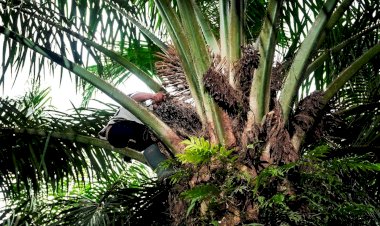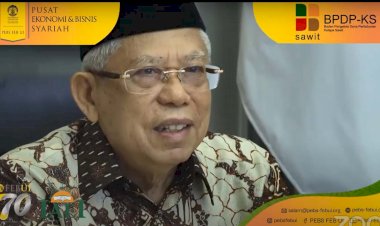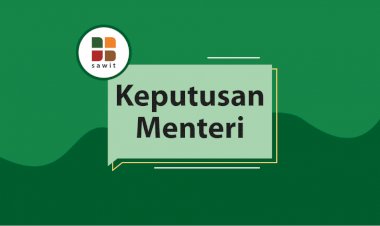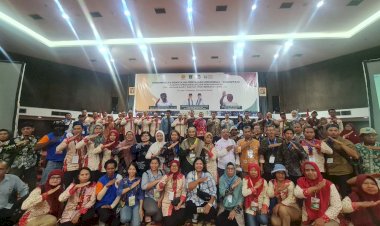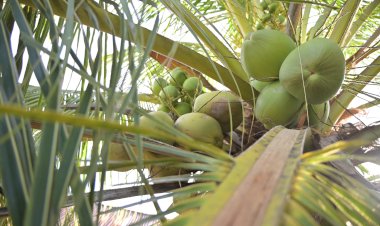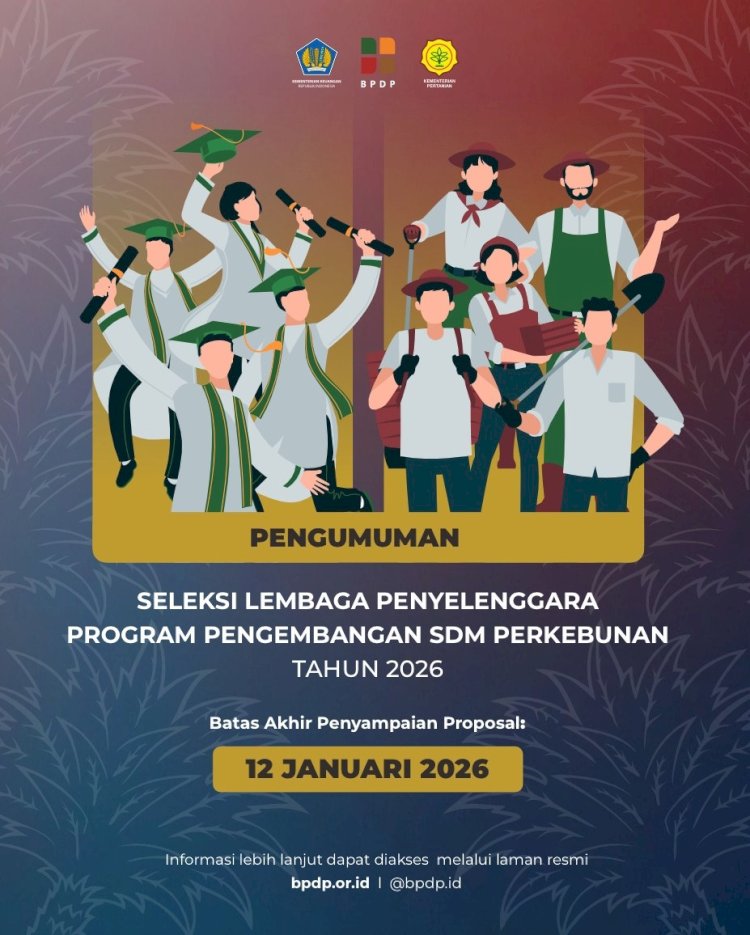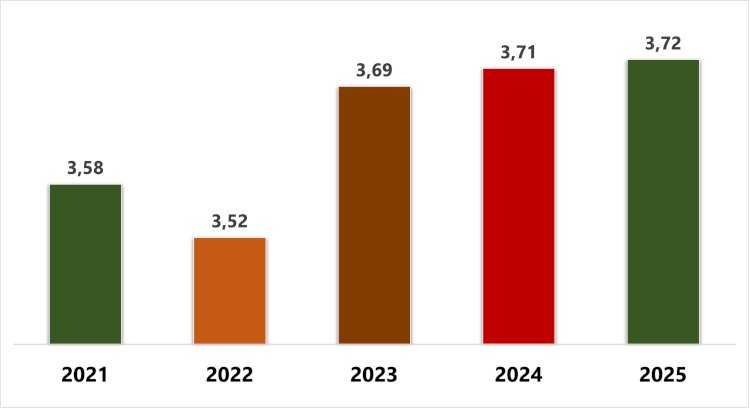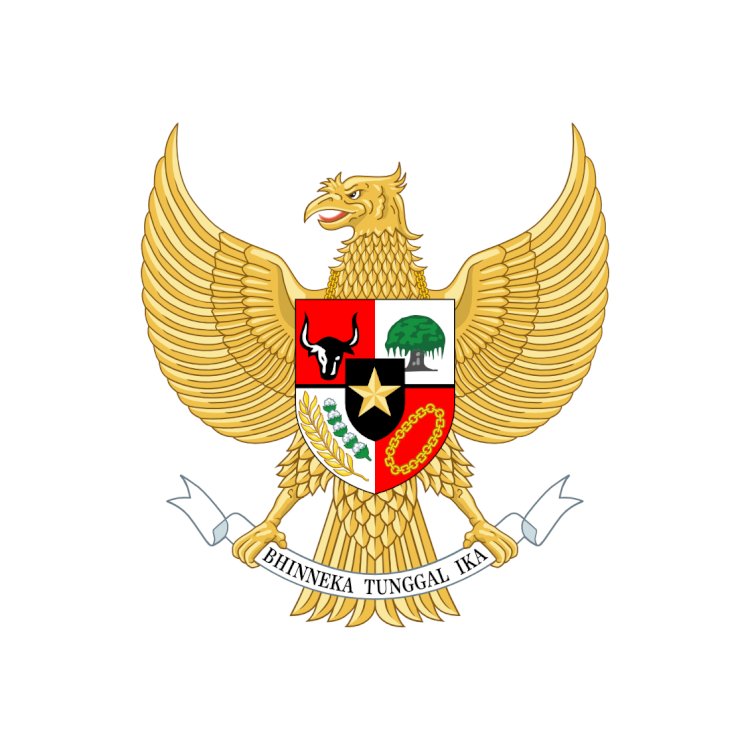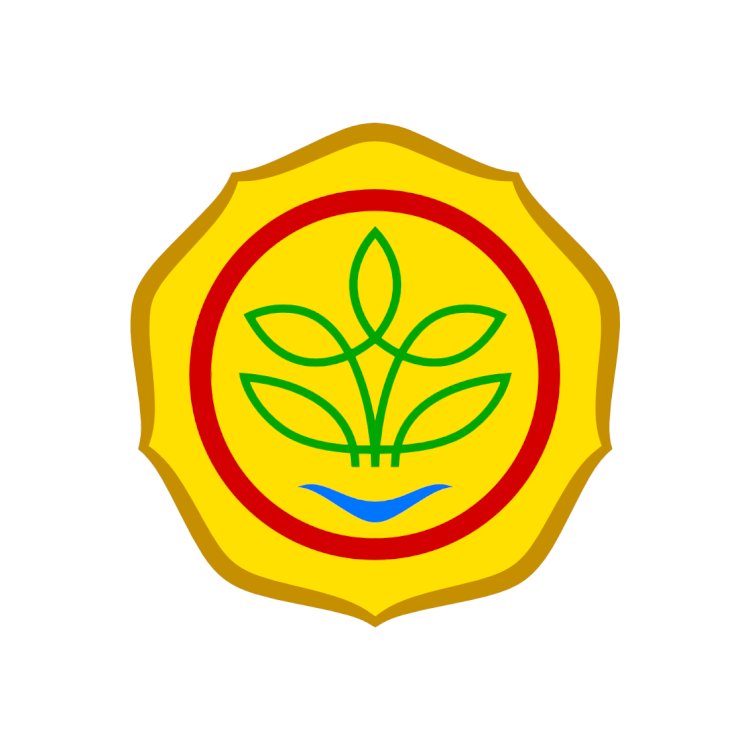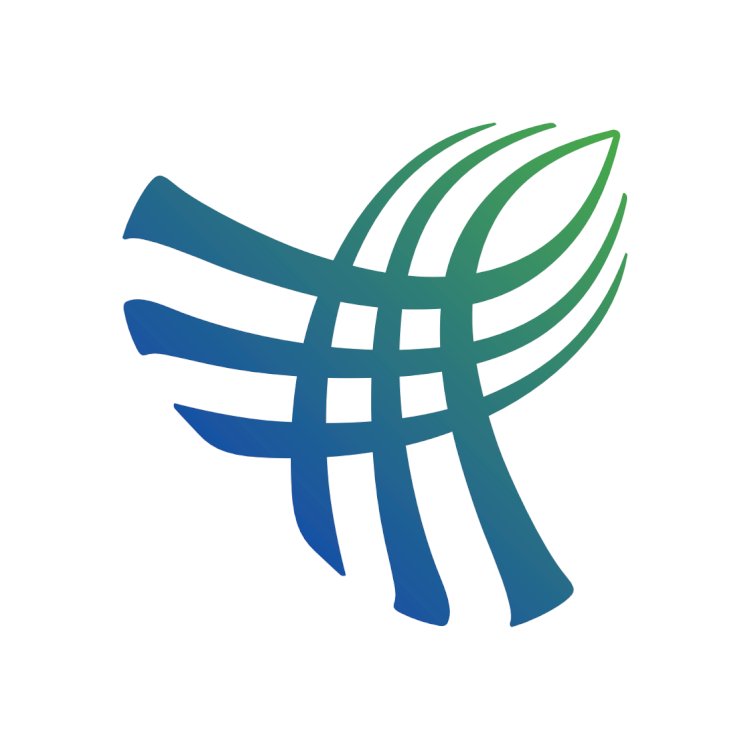Top Palm Oil Producers Lobby EU to Ease New Deforestation Rules
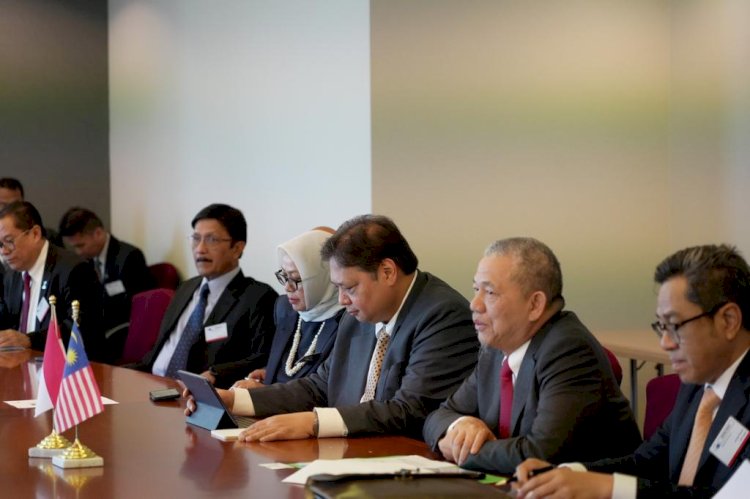
Indonesia and Malaysia want recognition of domestic certificates,Malaysia says rules contributing to 15% decline in EU imports,Indonesia and Malaysia together account for about 80% of global palm oil output.Indonesia and Malaysia, the world’s top palm-oil producers, stepped up their lobbying over the European Union’s new deforestation rules, saying they are harming their economies.
The rules will ban commodities ranging from palm oil to cocoa, as well as some manufactured products, like furniture, if they come from deforested land. Indonesia and Malaysia, which together account for about 80% of global palm oil output, argue that they will unfairly penalize smallholder farmers. The countries called for the EU to take into account domestic certification schemes, such as Indonesian Sustainable Palm Oil, before companies have to comply with the rules in 18 months time. They also argue that the EU’s plan to designate countries as high or low risk could damage their image.
Malaysia is weighing potential trade curbs that would slow the flow of commodities to Europe and is reviewing imports from the bloc. The country’s Deputy Prime Minister Fadillah Yusof said the EU deforestation rules contributed to a 15% drop in exports to the bloc in January from a year earlier.“There must be a proper consultation with producing countries,” he said in an interview in Brussels after meeting the EU’s climate chief Frans Timmermans. “The negative campaign on palm oil is not based on scientific facts. It’s unjust treatment as far as trade is concerned.”
It’s unclear to what extent the EU will be able to tweak its rules to take into account the concerns of commodity-producing countries, given that it has laid out strict requirements in terms of geo-tagging the land on which those products were harvested. It could however issue guidelines as to how the rules are interpreted.The EU is facing backlash from countries globally over a number of climate and environment policies that aim to tackle the bloc’s footprint beyond its own borders, while also protecting industry as the continent pushes ahead with plans to reach climate neutrality by 2050.
Indonesia’s steel industry is also at risk from the EU’s carbon border adjustment mechanism — a levy on emissions-intensive imports — according to Airlangga Hartarto, the country’s coordinating minister for economic affairs. He declined to say whether Indonesia would file a lawsuit at the World Trade Organization, but highlighted that it had done so previously for the EU’s rules on sustainable fuels.

